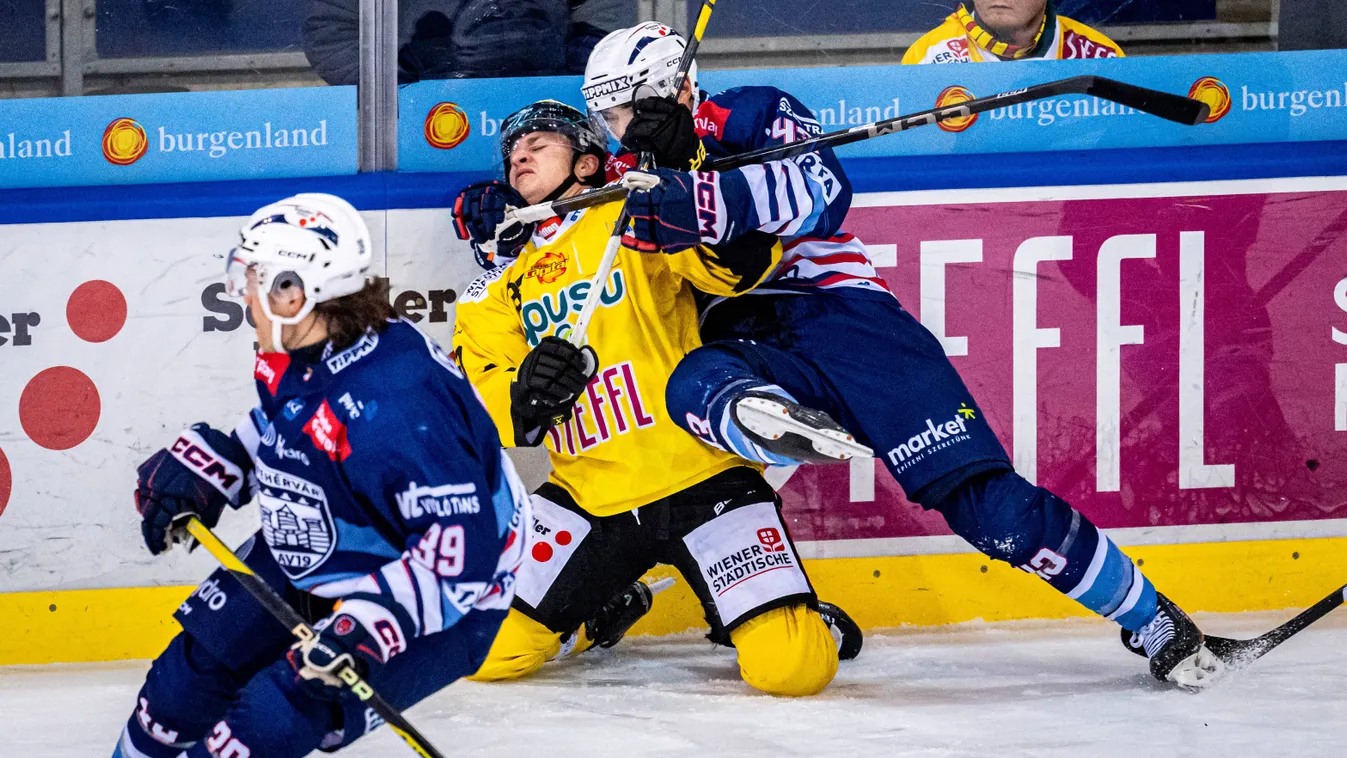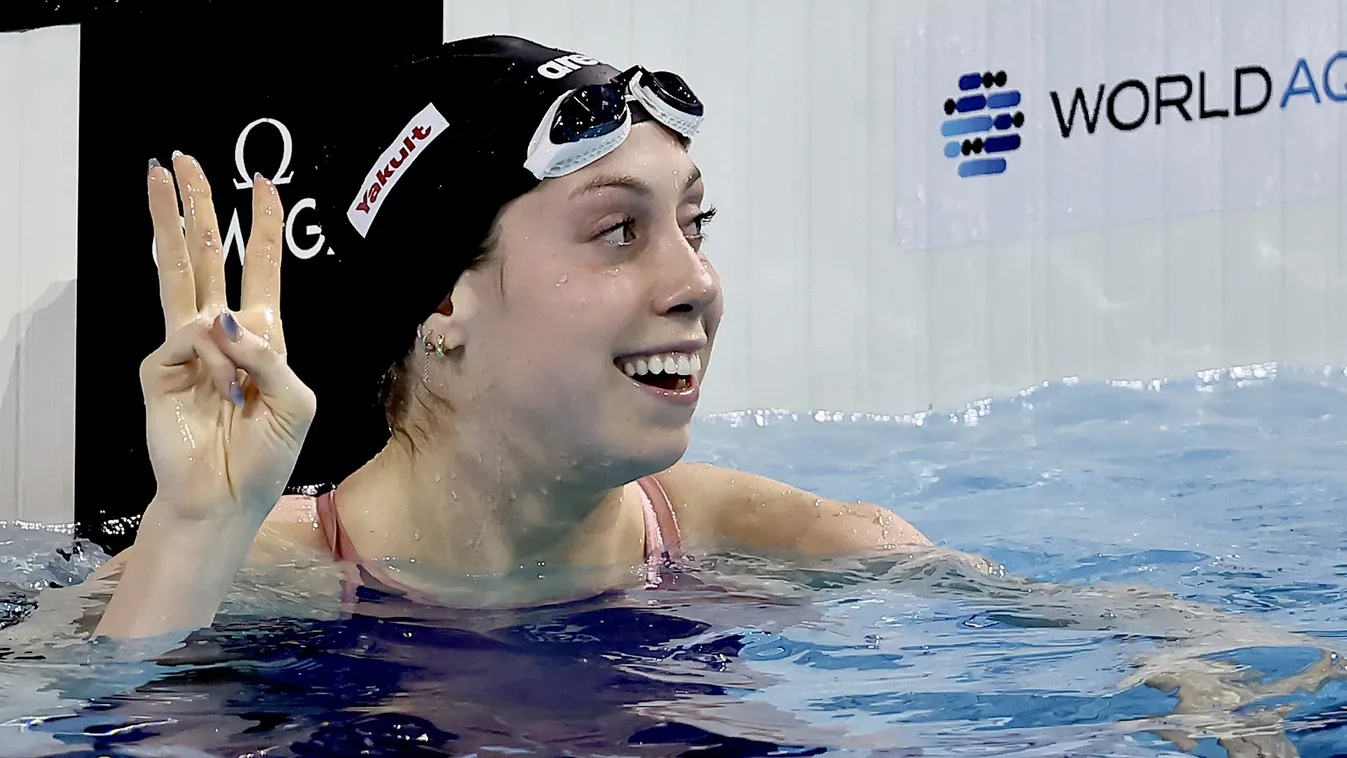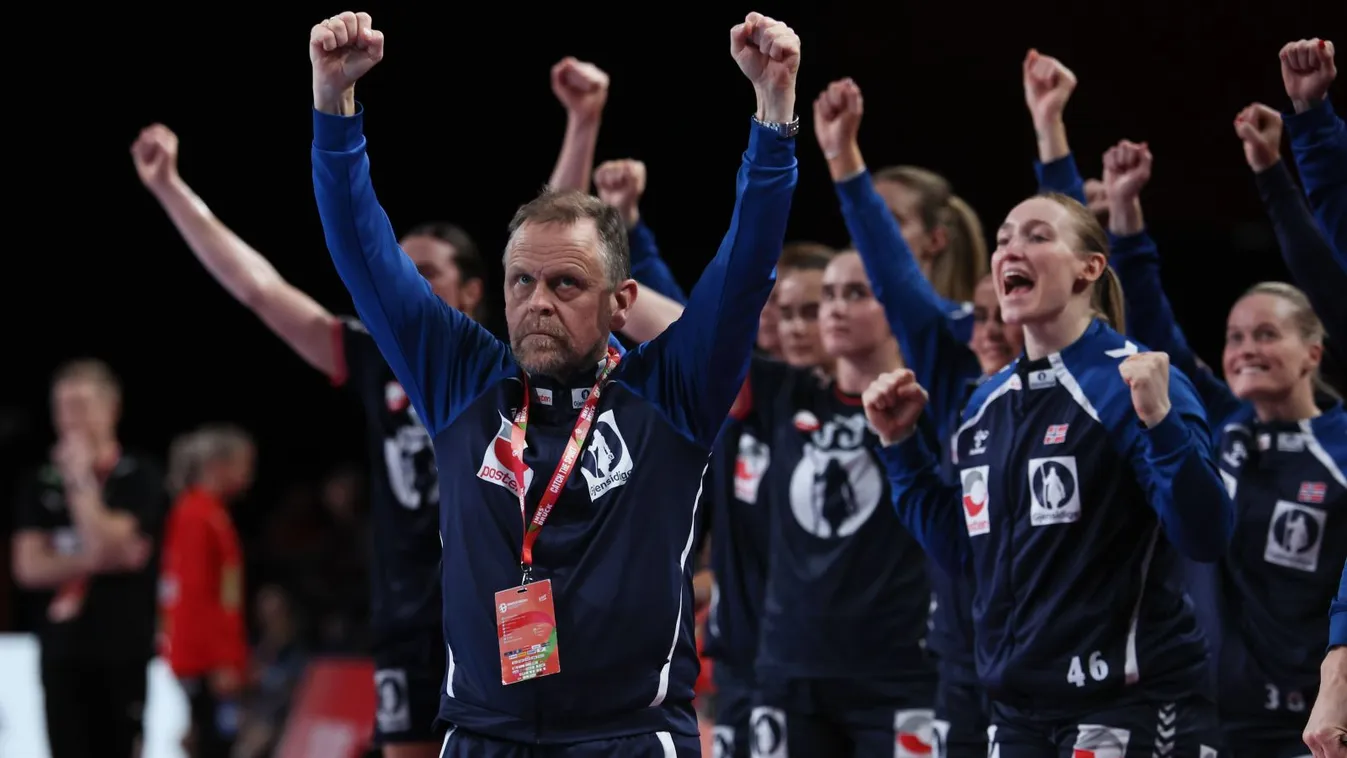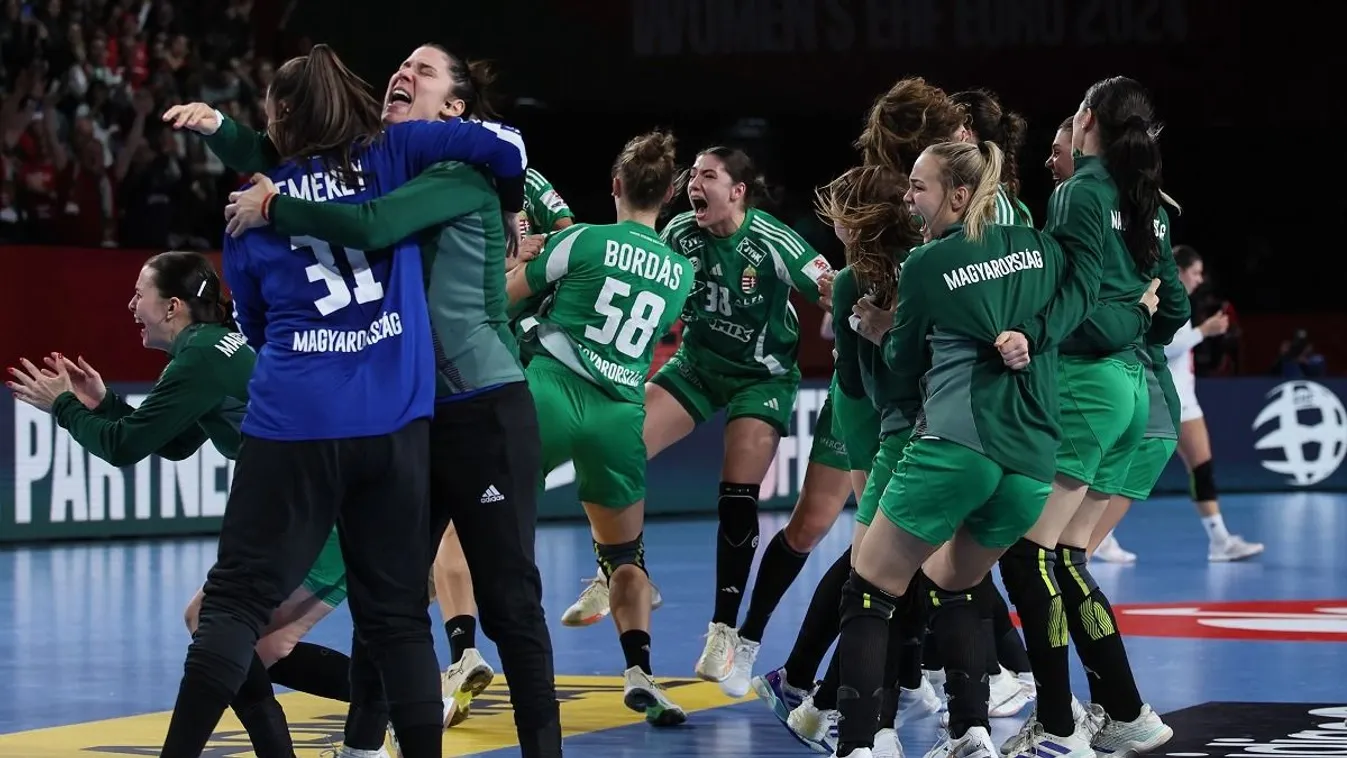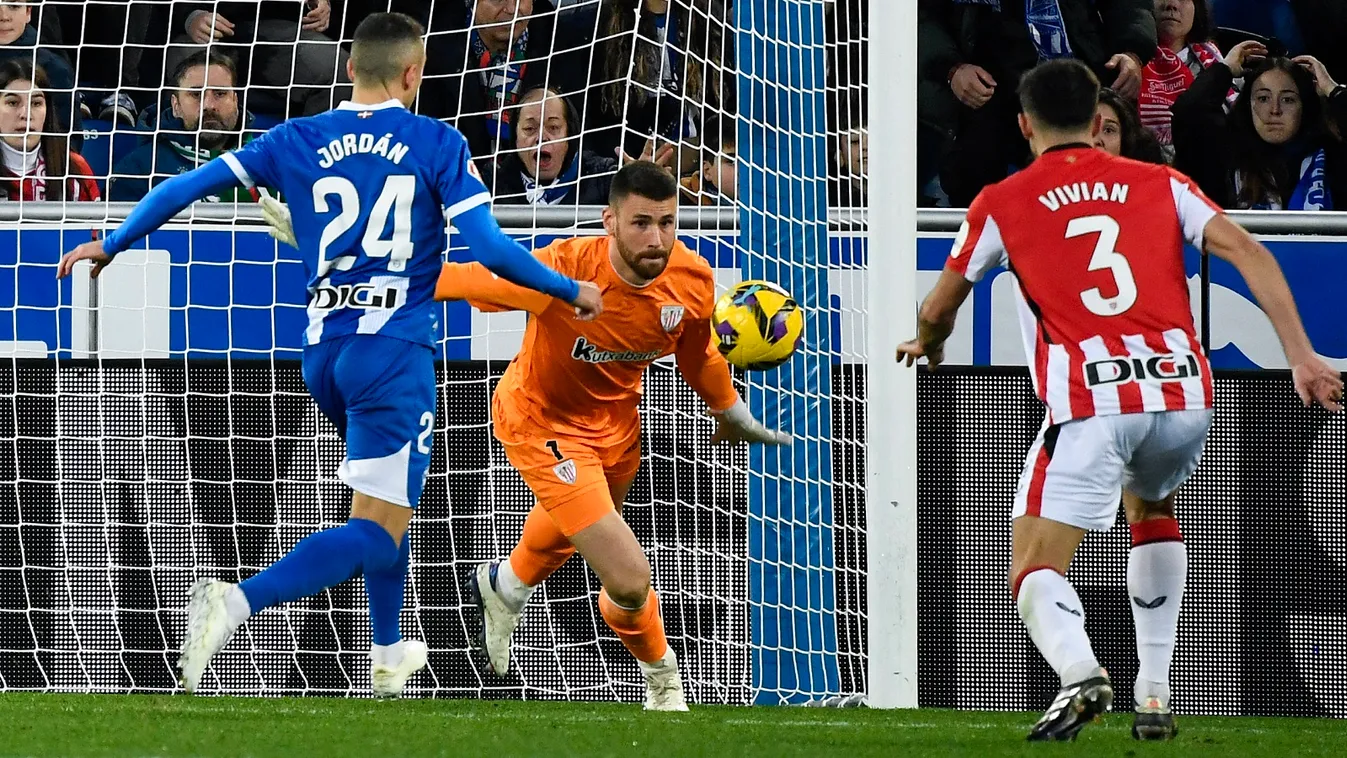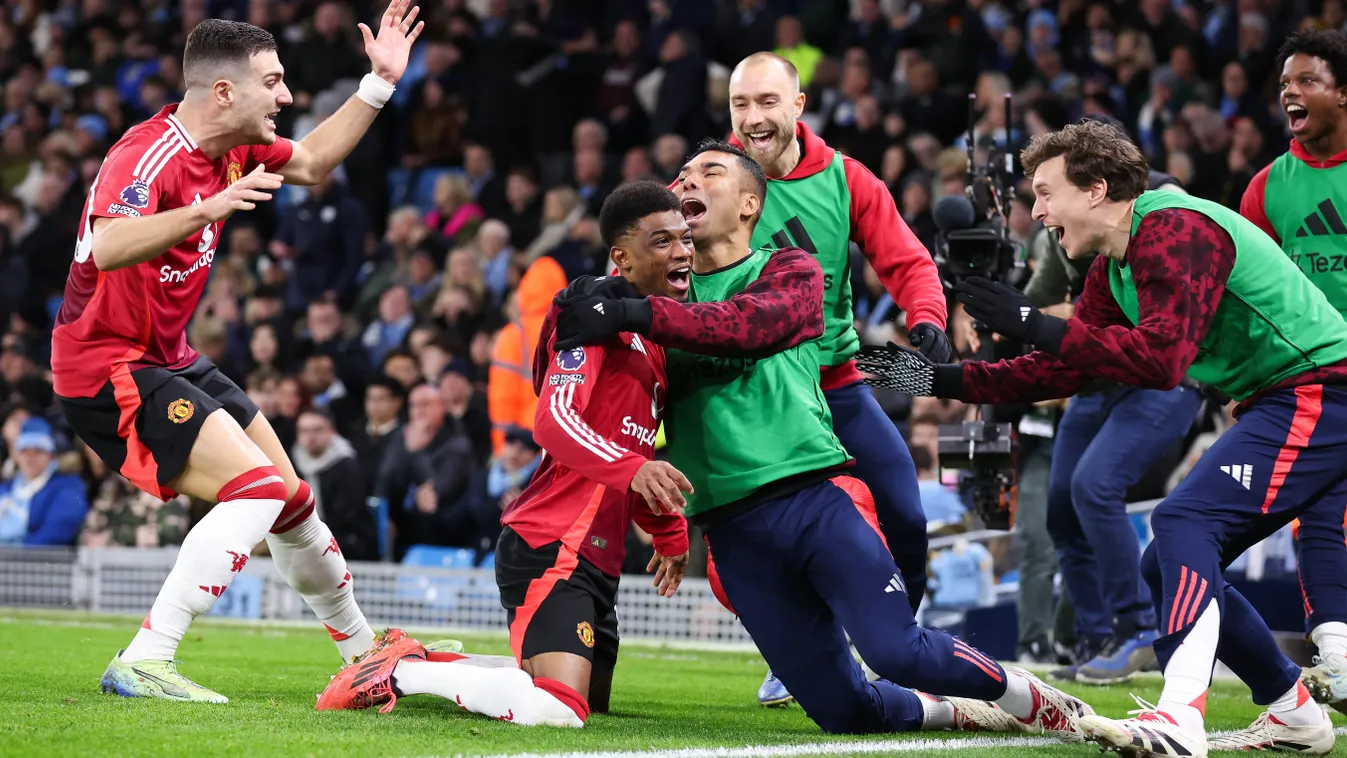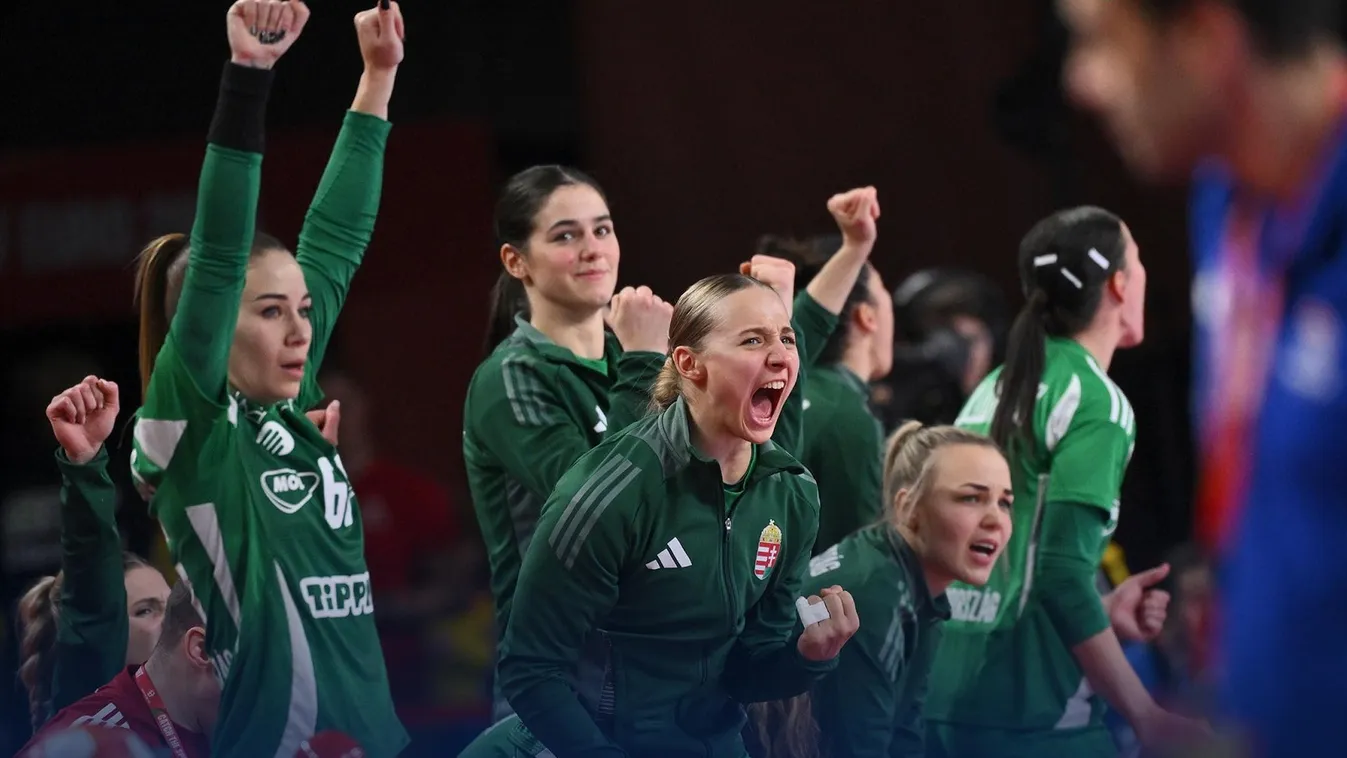We commemorate one of the greatest figures of world football in these columns until 9 December, the day of Ferenc Puskás’s funeral. On Saturday, the 53rd anniversary of the legendary 6:3, the former playmates gathered together and remembered Öcsi Bácsi (Uncle Öcsi).
After the 2nd World War they already arranged national football matches on the ruins. Budapest had hardly waken up after the world war when the national Austrian team paid their respects in the Hungarian capital. The organizers had an idea: let us have two matches instead of one, once the ‘in-laws’ are here. So, it happened that on 19 August, 1945, in the Üllői Street stadium the Hungarian national team (referee: György Szigeti) ran out before 40 thousand onlookers and in the 18th minute Ferenc Rudas scored a goal against the Austrian team taking the penalty kick. It was the first goal of the national team after the world war. Our team won that match 2:0, but the festival could not last even half an afternoon because the two teams ran out again the next day, i.e. on 20 August, in the Üllői Street stadium in the presence of 20 thousand fans.
 Wonderful introduction against the Austrians
Wonderful introduction against the Austrians
It was the first time that Ferenc Puskás appeared in a strip with the coat of arms on it. The young forward of the Kispest team scored a goal already in the 12th minute, as it were indicating: a fantastic carrier awaits him. The forwards’ line consisted the following people then: Imre Szabó, Ferenc Szusza, Gyula Zsengellér, Ferenc Puskás, II. Gyula Vincze. There was even no trace of the Golden Team then. Tibor Gallovich was sitting on the subs’ bench.
“I have unforgettable memories of Öcsi, God rest his soul in peace” – said Ferenc Rudas the defender, who played for Hungary 23 times, remembering Ferenc Puskás. – “I was a soldier at the end of the war and I was shocked to hear the news on 19 March, 1944 that the German troops marched into Hungary. We had to play a league match with the Kispest team on Üllői Street. Two officers accompanied me to the pitch of Fradi so that I could not escape. When I arrived my team mates said: »Feri, today you will have a very hard job, a 17-year-old wonder forward is playing in the opposing team whom you should pay much attention to «. I thought why I should be scared of a greenhorn novice. Then Öcsi showed what he knew. He scored two goals against us, Kispest won 3:2. A year later the national team of Austria arrived in Budapest, actually for two matches. On the first match Tibor Gallovich, captain of the National Football Federation, tried several novices, such as Rudolf Illovszky, Károly Lakat, just to mention two classes. We won 2:0, and I scored the first goal after the world war taking the penalty kick. The next day our team played in a completely different lineup, then I was left out, but Öcsi Puskás could introduce himself. He played wonderfully. The Austrians had no idea who this guy was, but probably they learnt his name then on 20 August, 1945 for a life.”
The substitutes’ dream was only a few minutes’ play
Several great football players received only supporting roles in the Golden Team. They were such stars who could have been dominant football players in any other country’s national team. Ferenc Machos, Lajos Csordás or say Pál Várhidi. The latter one called the captain’s attention to himself as a young defender of Újpest team, and he had the opportunity to be present at the 6:3 win in London among the substitutes and he could participate as the member of the national team in the world championship in Switzerland in 1954, which had a dramatic end.
“It all started in Bucharest – said the legendary defender of the Újpest team. – A World Youth Festival was organized in the Romanian capital, and at the same time also the replacement-representatives’ tournament was held. I was spotted there by Gusztáv Sebes. I felt giddy when we left for London in November 1953 to play the century’s match. We stopped in Paris and measured our strength against the team of the Renault factory. It was the first time that I played in the Golden Team. As regards the six tripartite meetings … It would have been good to go to the pitch and spend at least two minutes on the holy lawn, but I still could have a special experience that I could see the match on the spot.”
The team lost due to great tiredness
According to Pál Várhidi’s memories, each player received five thousand Forint, which wasn’t particularly a great amount of money: one thousand Forint was due for a successful league match.
“I could be there also on the World Championship in 1954, but then the astounding rule existed that you couldn’t replace the players. Thus, I watched the matches from the auditorium. I indelibly remember the final. We felt that the tired, extremely tired Hungarian team did not play as before. What’s more, the German players played in modern, replaceable, studded trainers, and these adopted much better to the ground in that rainy weather. Our players had no opportunity for it. After the match, we cried together with the boys. I had the opportunity to become the member of the national team also officially only after the world championship: we won 5:1 against the Romanian team in September, 1954 in Budapest, and I received 10 minutes from Gusztáv Sebes as a substitute. Öcsi didn’t hit the net on that match … Anyway, that Hungarian team wasn’t simply a team: it was a real group of friends.” ---- T ---- T


It was the first time that Ferenc Puskás appeared in a strip with the coat of arms on it. The young forward of the Kispest team scored a goal already in the 12th minute, as it were indicating: a fantastic carrier awaits him. The forwards’ line consisted the following people then: Imre Szabó, Ferenc Szusza, Gyula Zsengellér, Ferenc Puskás, II. Gyula Vincze. There was even no trace of the Golden Team then. Tibor Gallovich was sitting on the subs’ bench.
“I have unforgettable memories of Öcsi, God rest his soul in peace” – said Ferenc Rudas the defender, who played for Hungary 23 times, remembering Ferenc Puskás. – “I was a soldier at the end of the war and I was shocked to hear the news on 19 March, 1944 that the German troops marched into Hungary. We had to play a league match with the Kispest team on Üllői Street. Two officers accompanied me to the pitch of Fradi so that I could not escape. When I arrived my team mates said: »Feri, today you will have a very hard job, a 17-year-old wonder forward is playing in the opposing team whom you should pay much attention to «. I thought why I should be scared of a greenhorn novice. Then Öcsi showed what he knew. He scored two goals against us, Kispest won 3:2. A year later the national team of Austria arrived in Budapest, actually for two matches. On the first match Tibor Gallovich, captain of the National Football Federation, tried several novices, such as Rudolf Illovszky, Károly Lakat, just to mention two classes. We won 2:0, and I scored the first goal after the world war taking the penalty kick. The next day our team played in a completely different lineup, then I was left out, but Öcsi Puskás could introduce himself. He played wonderfully. The Austrians had no idea who this guy was, but probably they learnt his name then on 20 August, 1945 for a life.”
The substitutes’ dream was only a few minutes’ play
Several great football players received only supporting roles in the Golden Team. They were such stars who could have been dominant football players in any other country’s national team. Ferenc Machos, Lajos Csordás or say Pál Várhidi. The latter one called the captain’s attention to himself as a young defender of Újpest team, and he had the opportunity to be present at the 6:3 win in London among the substitutes and he could participate as the member of the national team in the world championship in Switzerland in 1954, which had a dramatic end.
“It all started in Bucharest – said the legendary defender of the Újpest team. – A World Youth Festival was organized in the Romanian capital, and at the same time also the replacement-representatives’ tournament was held. I was spotted there by Gusztáv Sebes. I felt giddy when we left for London in November 1953 to play the century’s match. We stopped in Paris and measured our strength against the team of the Renault factory. It was the first time that I played in the Golden Team. As regards the six tripartite meetings … It would have been good to go to the pitch and spend at least two minutes on the holy lawn, but I still could have a special experience that I could see the match on the spot.”
The team lost due to great tiredness
According to Pál Várhidi’s memories, each player received five thousand Forint, which wasn’t particularly a great amount of money: one thousand Forint was due for a successful league match.
“I could be there also on the World Championship in 1954, but then the astounding rule existed that you couldn’t replace the players. Thus, I watched the matches from the auditorium. I indelibly remember the final. We felt that the tired, extremely tired Hungarian team did not play as before. What’s more, the German players played in modern, replaceable, studded trainers, and these adopted much better to the ground in that rainy weather. Our players had no opportunity for it. After the match, we cried together with the boys. I had the opportunity to become the member of the national team also officially only after the world championship: we won 5:1 against the Romanian team in September, 1954 in Budapest, and I received 10 minutes from Gusztáv Sebes as a substitute. Öcsi didn’t hit the net on that match … Anyway, that Hungarian team wasn’t simply a team: it was a real group of friends.” ---- T ---- T
Legfrissebb hírek
Ezek is érdekelhetik

origo.hu
Tóth Gabi a Dancing with the Stars döntőjében is odaszúrt a zsűrinek
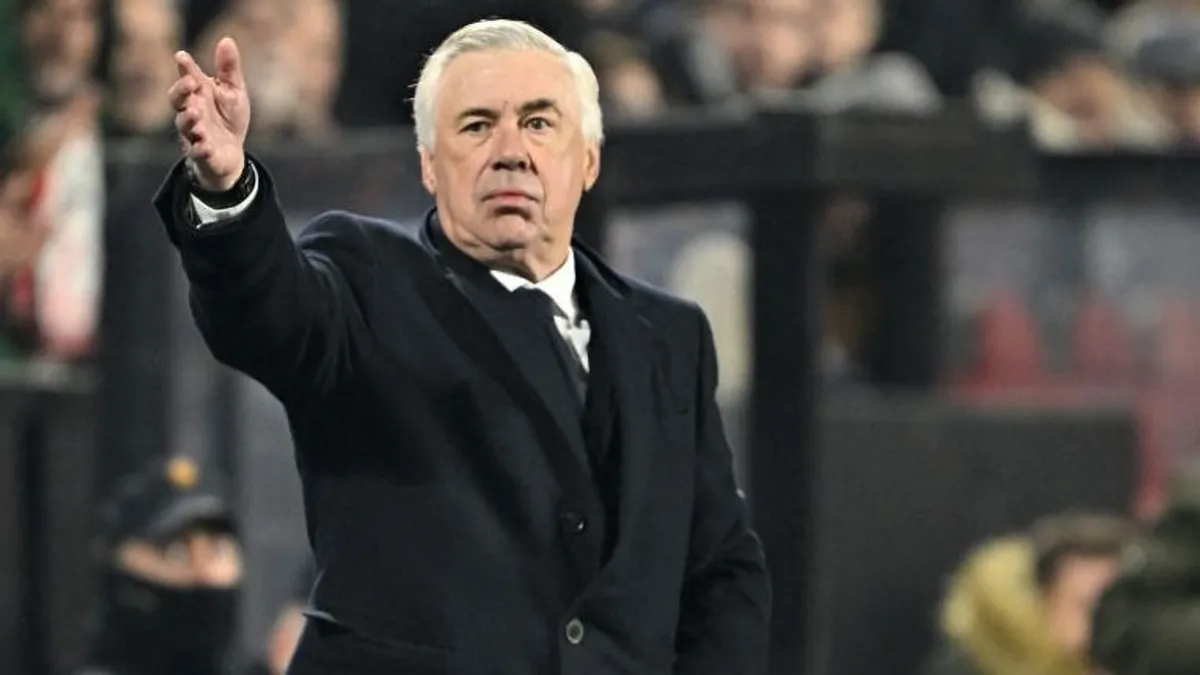
nemzetisport.hu
A La Liga „manipulációja” miatt nem sikerült győznie a Real Madridnak?

metropol.hu
Szabó Zsófi és Suti András összebújva jelentették be: gyarapodtak az érzéseik egymás iránt
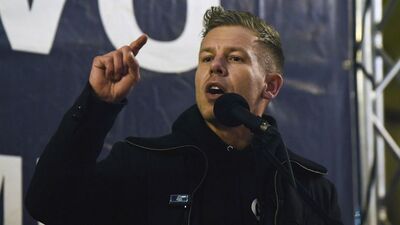
mandiner.hu
Itt a vége: mutatjuk, mi a különbség a „tökös, hazaszerető francia milliárdosok” és a „közbeszerzéseken felhízlalt orbáni oligarcha” között!

ripost.hu
"Megkapta a második kosarát" - két nő között kellett választania a TV2 sztárjának
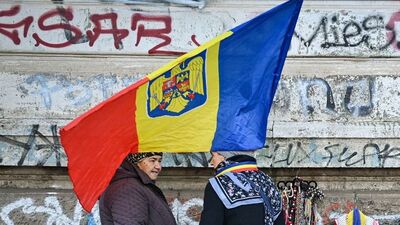
mandiner.hu
Fegyveres zsoldoskaraván indult meg a főváros felé – élesedik a helyzet a magyar határ túloldalán
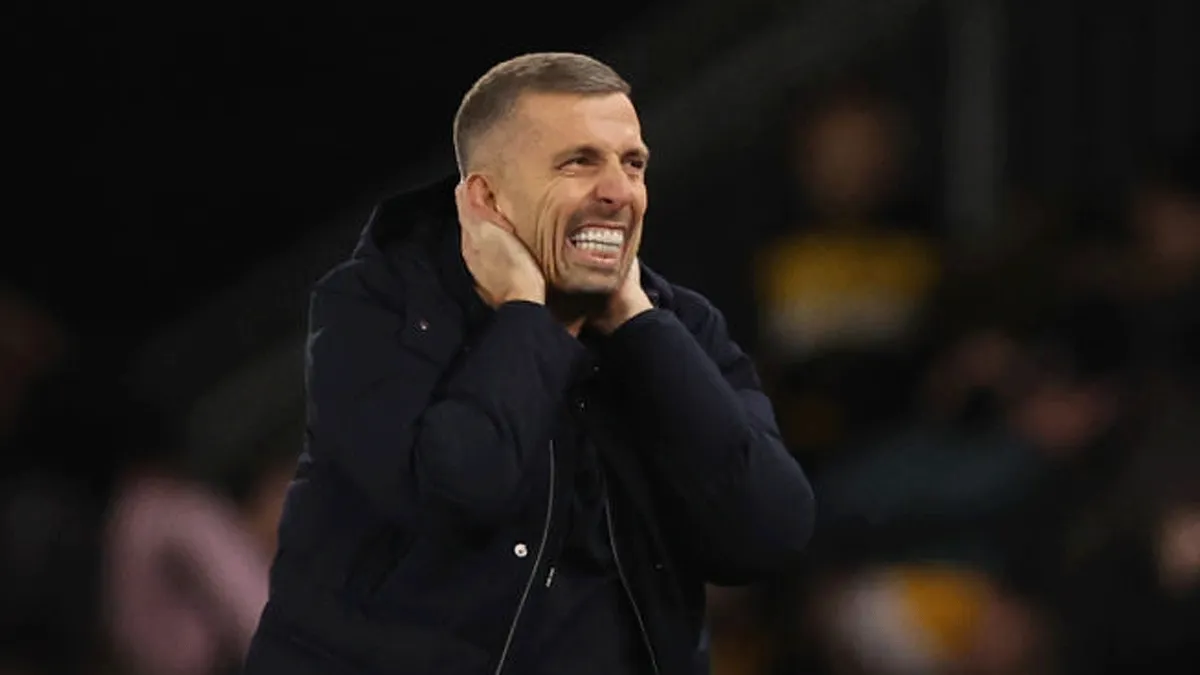
nemzetisport.hu
Menesztették a Wolverhampton menedzserét – hivatalos

origo.hu
DWTS: sztárok, akik titokban egymásba szerettek a műsorban
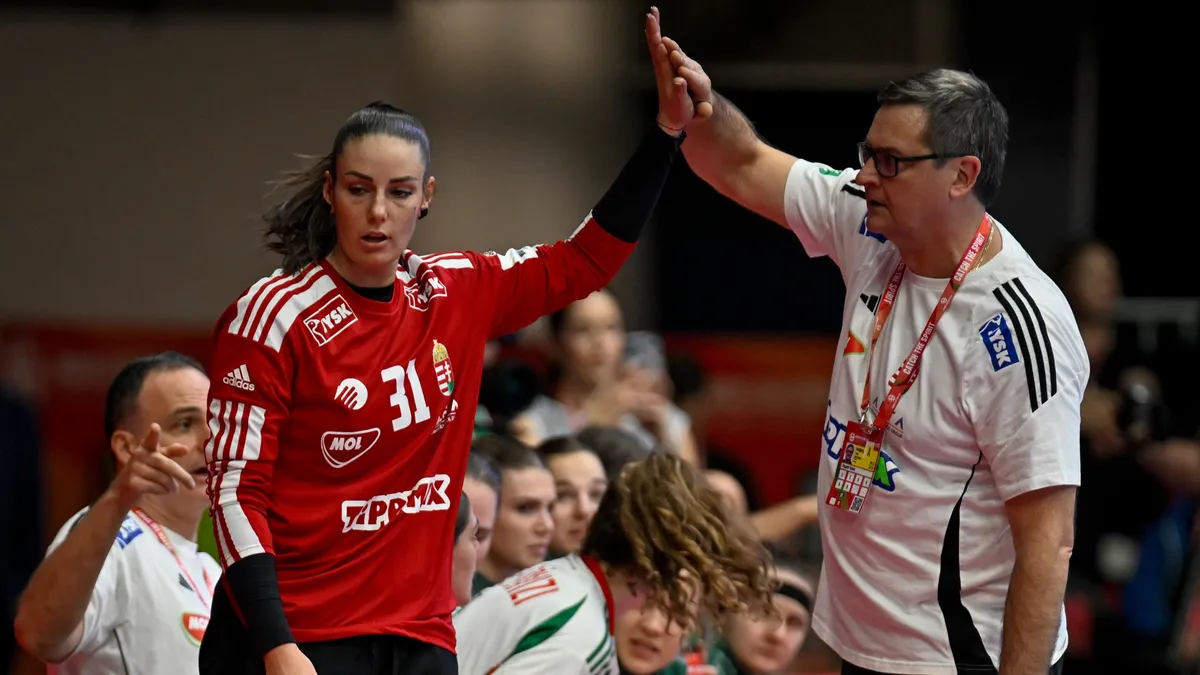
nemzetisport.hu
Női kézilabda Eb: Szemerey és Márton Gréta újra a keretben, Füzi-Tóvizi lesz a kapitány a bronzmeccsen
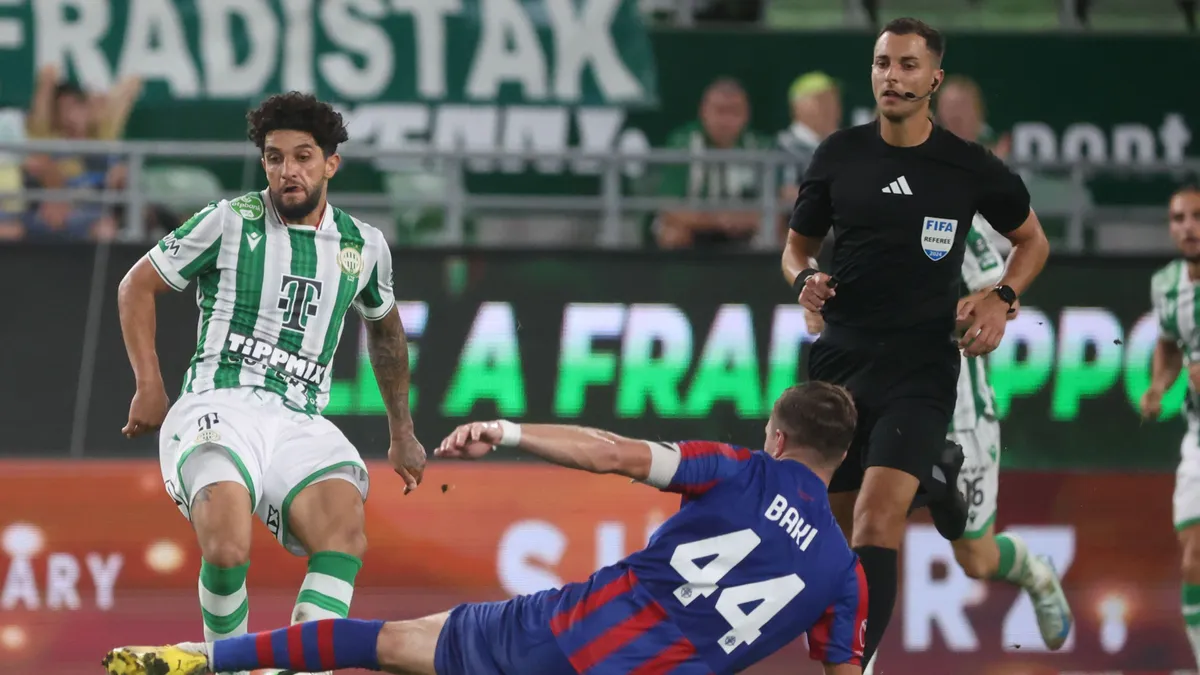
nemzetisport.hu
NB I: Nyíregyháza–Ferencváros

nemzetisport.hu
Vasárnapi sportműsor: magyar–francia csata az Eb-bonzéremért
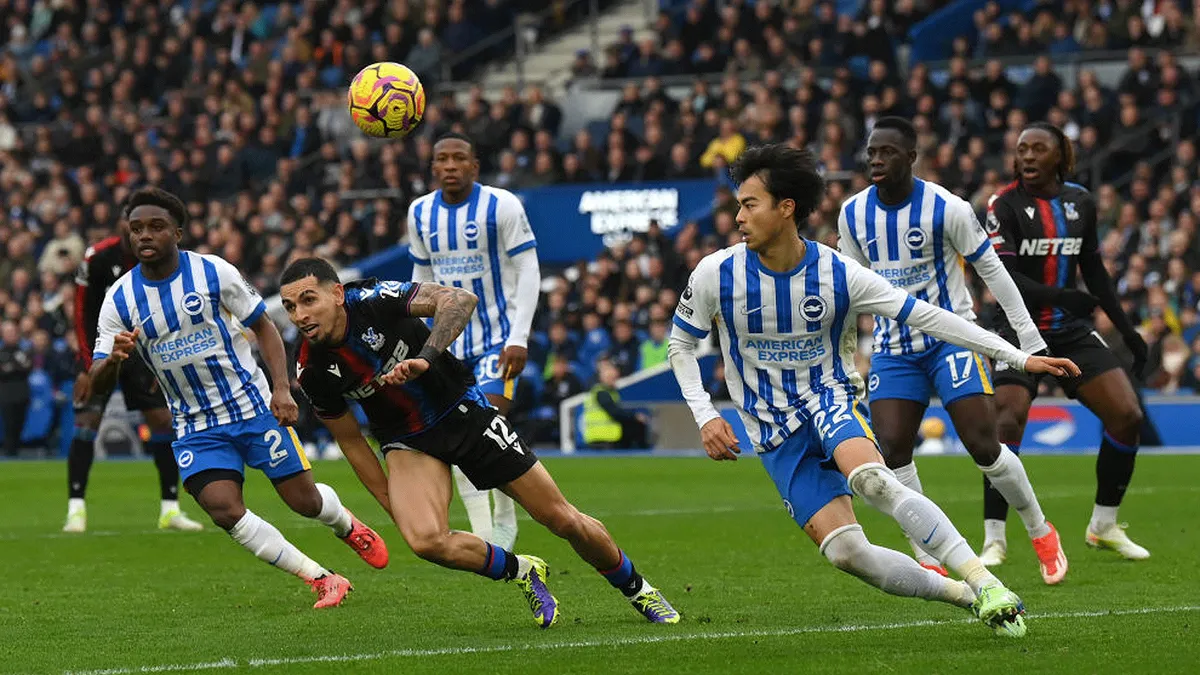
nemzetisport.hu


